child psychology counseling

Co-Parenting: Navigating Effective Collaboration for Children's Wellbeing
Respecting each other's parenting styles is a fundamental aspect of successful co-parenting. It involves understanding and accepting that each parent has their unique way of approaching parenting decisions and interacting with the children. By acknow...
Read more →
Free-Range Parenting: Empowering Independence or Risking Safety?
In Australia, the concept of free-range parenting is met with a range of opinions from different segments of the community. Some parents view it as a valuable approach to fostering independence and resilience in their children. They believe that allo...
Read more →
Helicopter Parenting: Finding the Balance Between Caring and Overbearing
Setting boundaries and expectations is a crucial aspect of parenting that helps children understand the limits and rules within which they can safely navigate the world. By setting clear guidelines, parents can provide a sense of structure and securi...
Read more →
Conscious Parenting: Mindful Approaches to Nurturing Children
Encouraging empathy and kindness in children is a crucial aspect of conscious parenting. By fostering these qualities from a young age, parents can help their children develop into compassionate individuals who show thoughtfulness and understanding t...
Read more →
Attachment Parenting: Nurturing Secure Bonds with Children
Attachment parenting has been found to have a profound impact on child development. By fostering a strong emotional bond between parent and child, this parenting style helps children develop a secure attachment that provides a foundation for their ov...
Read more →
Positive Parenting: Fostering Emotional Intelligence and Resilience
Positive discipline techniques play a crucial role in shaping a child's behaviour and cultivating a positive parent-child relationship. By using strategies that focus on communication, empathy, and problem-solving, parents can guide their children to...
Read more →
Authoritarian Parenting: Setting Boundaries or Stifling Autonomy?
Setting boundaries while nurturing autonomy in children is a delicate balancing act for parents. Authoritarian parenting, with its strict rules and lack of flexibility, may seem like an effective way to enforce discipline and control. However, it can...
Read more →
Uninvolved Parenting: The Impact of Neglect on Child Development
Addressing uninvolved parenting early is crucial for ensuring the well-being and healthy development of children. When parents exhibit neglectful behavior towards their children, it can have long-lasting effects on the child's emotional, social, and ...
Read more →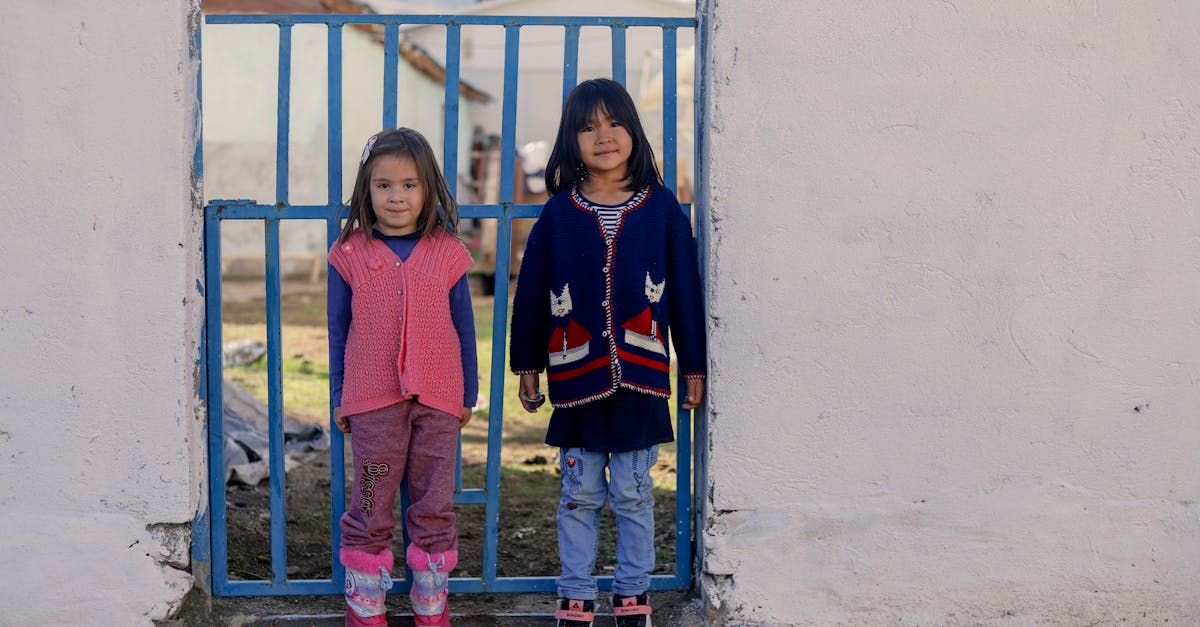
Permissive Parenting: Nurturing Independence or Encouraging Entitlement?
Recognizing signs of entitlement in children is crucial for parents to address problematic behaviours early on. One common indicator is a lack of appreciation for the efforts of others, where children may expect to be served without showing gratitude...
Read more →
Authoritative Parenting: Balancing Discipline and Warmth
Consistency in parenting approach is crucial for establishing boundaries and expectations for your child. By consistently enforcing rules and consequences, children learn to understand what is acceptable behaviour and what is not. This helps in creat...
Read more →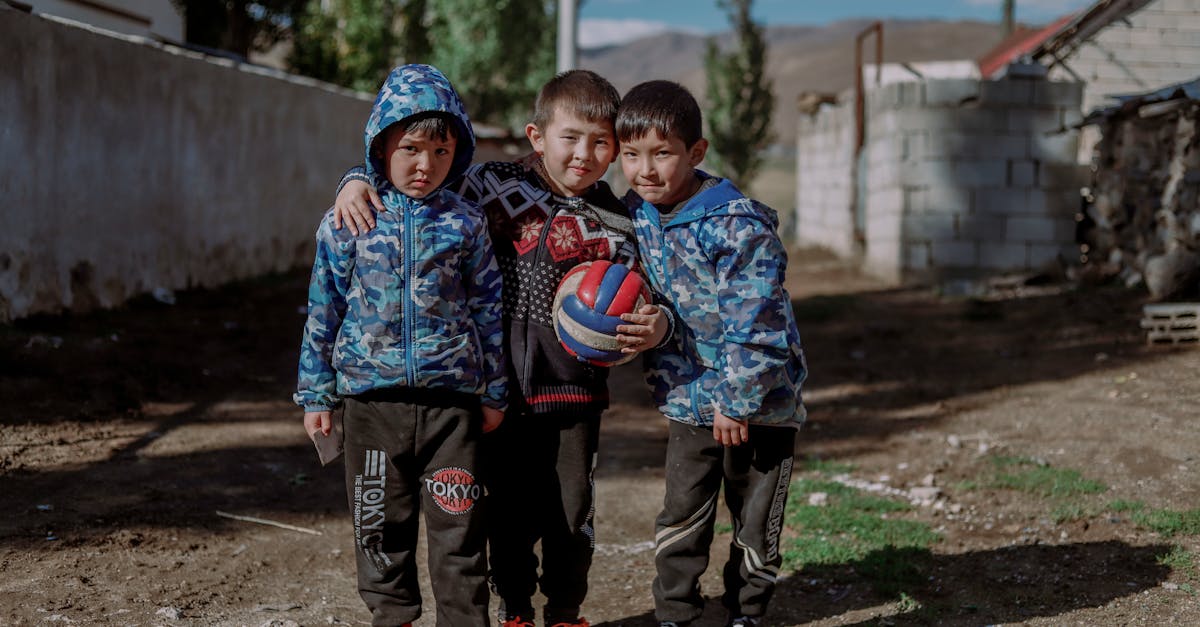
Seeking Support for Blended Family Dynamics
Balancing responsibilities in blended families is a delicate dance that requires open communication and mutual respect among all family members. It is crucial for each individual to understand their role and contribute positively to the running of th...
Read more →
Managing Discipline and Boundaries in Blended Families
Conflict is an inevitable part of any family dynamic, especially within blended families. It is essential for all family members to approach conflicts with an open mind and willingness to find a resolution that benefits everyone involved. When facing...
Read more →
Co-Parenting in Blended Families: Tips for Success
It is not uncommon for blended families to face challenges and conflicts that may seem overwhelming at times. When disagreements or issues escalate to a point where communication breaks down, seeking professional help can be a crucial step towards re...
Read more →
Promoting Harmony and Unity in Blended Families
Conflicts are an inevitable part of blended families, stemming from differences in backgrounds, experiences, and personalities. It is crucial for family members to address these conflicts peacefully and constructively to maintain harmony within the h...
Read more →
Communication Strategies for Successful Blended Families
Effective co-parenting in blended families is a crucial aspect that contributes to the overall harmony and well-being of all family members. Co-parenting involves clear communication, mutual respect, and a collaborative approach to parenting decision...
Read more →
Supporting Children through Transitions in Blended Families
It is crucial to involve all children in family activities to foster a sense of belonging and unity within blended families. Encouraging participation from step-siblings in fun and engaging activities can help create stronger bonds and build positive...
Read more →
Addressing Conflict Resolution in Blended Families
Professional guidance is often a valuable resource for blended families facing conflicts. Seeking the assistance of a trained therapist or counsellor can provide an unbiased and expert perspective on the issues at hand. These professionals can offer ...
Read more →
Building Strong Bonds in Blended Families
Blended families face unique challenges in building trust and mutual respect among all members. Establishing a strong foundation of trust is essential for creating a harmonious family dynamic. Open and honest communication is a key factor in nurturin...
Read more →
Navigating Step-Parenting in Blended Families
Conflict resolution is a crucial aspect of maintaining harmony within blended families. When conflicts arise, it is essential to approach them with open communication and a willingness to understand each other's perspectives. One effective strategy i...
Read more →
Effective Communication with Children About Divorce
As parents navigate the challenging waters of divorce, one of the most crucial elements in effective communication with children is active listening. This involves not only hearing the words that are spoken but also understanding the emotions and und...
Read more →
Supporting Children Through the Stages of Grief in Divorce
In order to support children through the challenging stages of grief that may arise during a divorce, it is crucial to encourage the development of healthy coping mechanisms. Children may struggle to express their emotions openly, so providing them w...
Read more →
Building Resilience in Children of Divorced Families
Self-care is a crucial aspect of helping children from divorced families build resilience. Encouraging children to take care of themselves emotionally, mentally, and physically can greatly contribute to their overall well-being. Simple practices such...
Read more →
Understanding the Challenges of Blended Families
Supporting children's emotional well-being in blended families is a crucial aspect that requires attention and sensitivity. Children may experience feelings of confusion, insecurity, and even resentment as they navigate the complexities of merging tw...
Read more →
Navigating Custody Arrangements for the Well-being of Children
Child support guidelines in Australia are legally binding regulations that outline the financial responsibilities of non-custodial parents towards their children. The purpose of these guidelines is to ensure that children receive adequate financial s...
Read more →
Addressing Emotional Challenges in Children During Divorce
Co-parenting after a divorce can pose challenges, but prioritizing the emotional well-being of your children is crucial. It is essential for both parents to communicate openly and effectively, ensuring consistency in rules and expectations for the ch...
Read more →
The Role of Child Psychology Counseling in Divorce Situations
Psychologists play a crucial role in providing co-parenting support during and after a divorce. They act as neutral parties who help facilitate communication and cooperation between parents for the well-being of their children. By offering guidance a...
Read more →
Co-Parenting Tips for Divorced Couples
Maintaining a positive co-parenting relationship after a divorce can be challenging, but it is crucial for the well-being of your children. Communication is key in this situation. Ensure that you and your ex-partner are open and honest with each othe...
Read more →
Helping Children Adjust to Parental Separation
When parents separate, children often face significant changes in their living arrangements. These changes can be unsettling and confusing for children as they adjust to their new living situation. To help your child navigate this transition, involve...
Read more →
Understanding the Impact of Divorce on Children's Mental Health
Divorce can have profound and lasting implications on the mental health of children. Research indicates that the long-term effects of divorce can manifest in various ways, including heightened levels of anxiety, depression, and behavioural issues. Ch...
Read more →
The Influence of Gender on Sibling Dynamics
Sibling dynamics are often defined by a sense of competition and rivalry, which can significantly shape the relationships between brothers and sisters. This competitiveness can stem from various factors, including comparisons made by parents, societa...
Read more →
Coping Strategies for Children of Divorced Parents
Professional help can play a crucial role in assisting children of divorced parents to navigate the complexities and emotions that arise from their parents' separation. Recognising when a child may need therapy is an important step in ensuring they r...
Read more →
Sibling Bonds: Building Strong Connections
Sibling dynamics play a crucial role in shaping the relationships within a family unit. Brothers and sisters often have unique interactions that are influenced by factors such as birth order, age gaps, and personality differences. Understanding these...
Read more →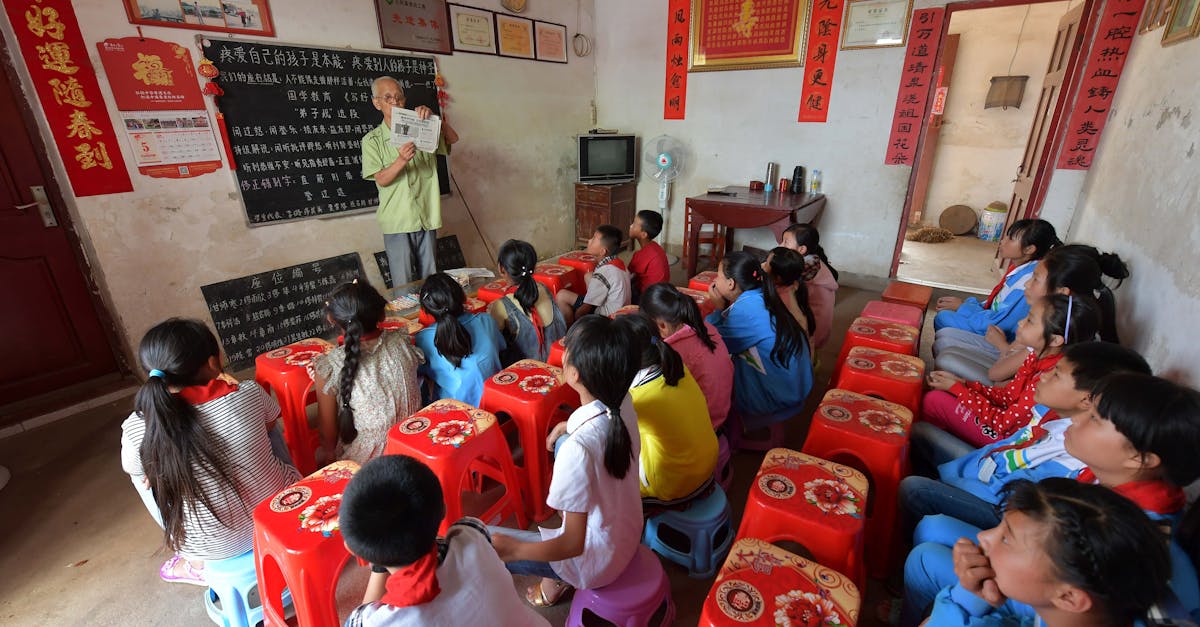
Supporting Siblings Through Family Transitions
When siblings are facing challenges that are beyond the scope of what parents or families can handle on their own, it may be necessary to seek professional help. This could include reaching out to psychologists, counselors, or therapists who speciali...
Read more →
Sibling Relationships in Single-Child Families
In single-child families, the development of sibling-like relationships outside the immediate family plays a significant role in shaping social connections and support systems. Close friendships can often bridge the gap that traditional sibling relat...
Read more →
Addressing Bullying Between Siblings
Sibling relationships are incredibly important for a child's development and emotional well-being. To foster a positive bond between siblings, it is essential to encourage activities that promote teamwork and cooperation. Engaging in shared interests...
Read more →
Nurturing Positive Sibling Relationships
Building trust and loyalty among siblings is essential for fostering strong and meaningful relationships. Honoring promises and commitments is a key element in nurturing this trust. When siblings follow through on their word and show reliability in t...
Read more →
Managing Sibling Jealousy and Competition
In the midst of sibling rivalry, it is crucial to ensure that individual achievements are celebrated. Each child brings unique talents and strengths to the family dynamic, and it is essential to acknowledge and appreciate these differences. By recogn...
Read more →
Impact of Age Gaps on Sibling Dynamics
When examining the impact of age disparities on sibling dynamics, researchers have highlighted the crucial role these age gaps play in decision-making processes within sibling relationships. This aspect is especially significant during childhood and ...
Read more →
The Role of Birth Order in Sibling Relationships
Firstborn children often bear the weight of high parental expectations as they pave the way for their younger siblings. Parents commonly assign leadership roles and responsibilities to the eldest child, expecting them to set a positive example for th...
Read more →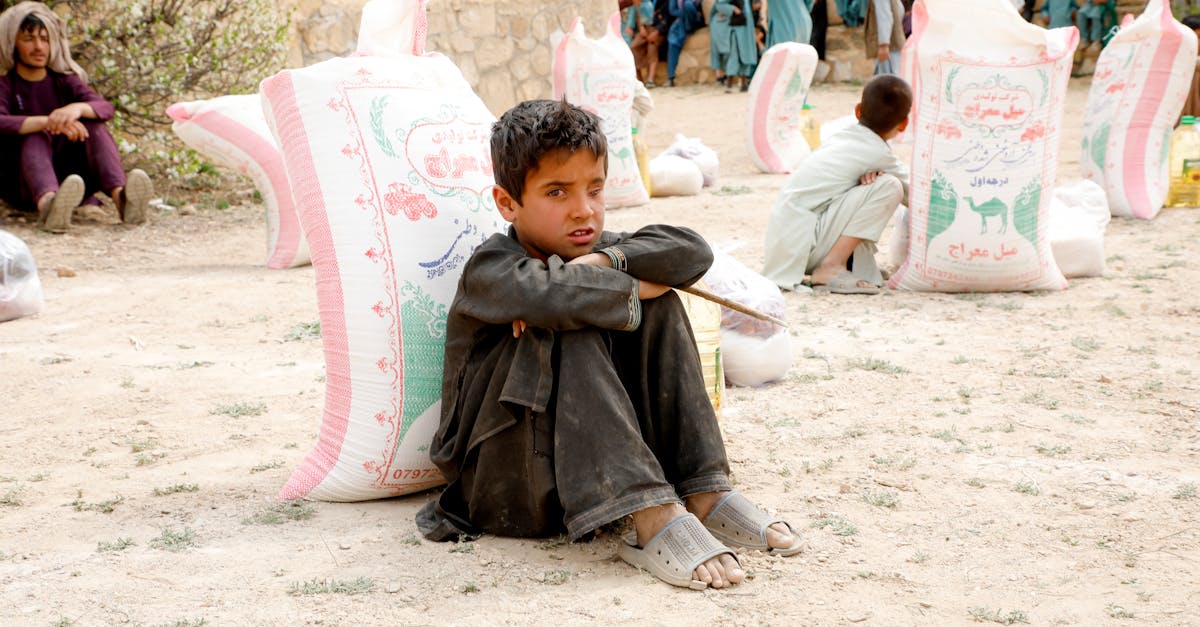
Understanding Sibling Rivalry and Conflict
Sibling rivalry and competition are common dynamics that can arise within families. It is natural for siblings to compare themselves to one another, leading to feelings of jealousy and competition. This can be particularly challenging for parents to ...
Read more →
Exploring the Role of Empathy in the Parent-Child Relationship
Empathy building activities play a crucial role in fostering a stronger bond between parents and children. One simple yet powerful activity is to practice active listening. Set aside dedicated time to have meaningful conversations with your child whe...
Read more →
Fostering Resilience and Self-Esteem in the Parent-Child Relationship
Encouraging independence in children is a delicate balance of allowing them to explore their capabilities while providing a safety net of support. Parents can facilitate this process by creating opportunities for their children to make decisions and ...
Read more →
Promoting Healthy Boundaries in the Parent-Child Relationship
Establishing consistent rules and consequences within the parent-child relationship is essential for fostering a sense of structure and accountability. By clearly outlining the expectations and boundaries, parents provide children with a framework to...
Read more →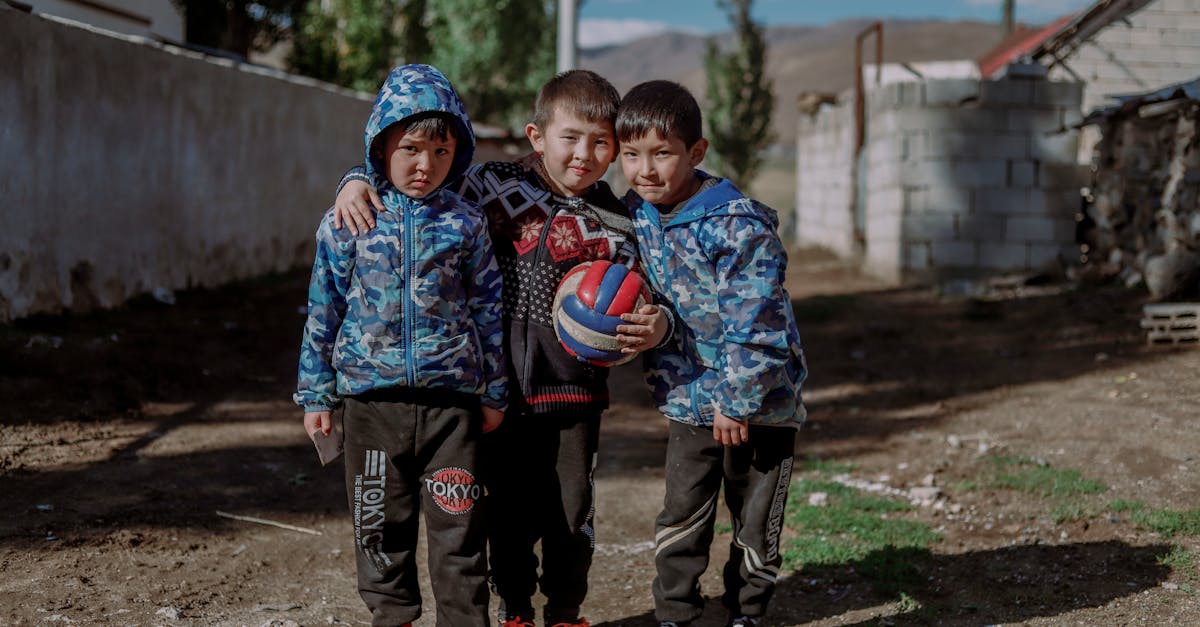
The Impact of Parenting Styles on the Parent-Child Relationship
Building trust and open communication between parent and child is crucial in fostering a strong and healthy relationship. Parents play a key role in creating a safe and supportive environment where children feel comfortable expressing their thoughts ...
Read more →
Addressing Conflict Resolution in Parent-Child Relationships
When it comes to addressing conflicts within parent-child relationships, one of the key strategies is to encourage the development of problem-solving skills that foster collaborative conflict resolution. By equipping both parents and children with th...
Read more →
Encouraging Emotional Development in the Parent-Child Relationship
Setting boundaries in the parent-child relationship is crucial for fostering emotional development in children. By setting clear and consistent limits, parents communicate expectations and create a sense of security for their children. This helps chi...
Read more →
Navigating Power Dynamics in the Parent-Child Relationship
Establishing trust and emotional connection between parents and children is fundamental in cultivating a healthy relationship. This bond forms the foundation for open communication and understanding within the family unit. By fostering trust, parents...
Read more →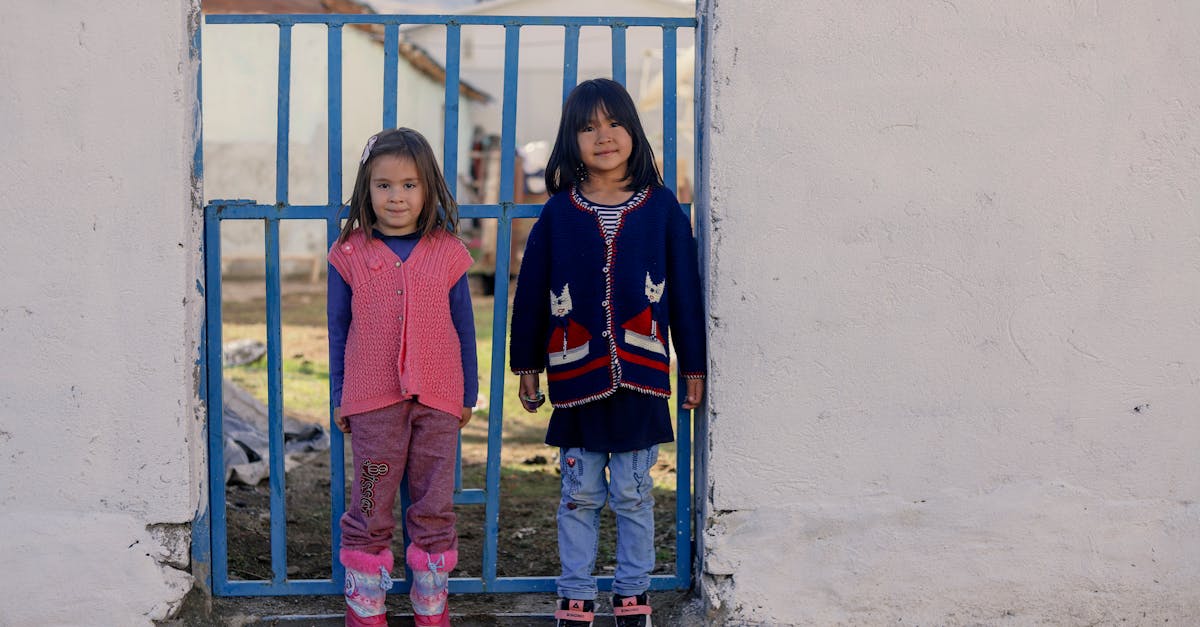
Positive Discipline Strategies for Nurturing the Parent-Child Relationship
Empathy is a fundamental pillar in fostering a strong and healthy parent-child relationship. By cultivating empathy within the family dynamic, parents can create an environment where children feel understood, valued, and supported in their emotional ...
Read more →
Understanding Attachment Theory in Parent-Child Relationships
Attachment formation in parent-child relationships is influenced by various factors. One key aspect is the quality of the caregiver-child interaction. Positive and consistent responsiveness from caregivers creates a secure base for children to explor...
Read more →
Building Trust and Communication in the Parent-Child Relationship
Effective communication is key to building a strong and healthy parent-child relationship. It is important for parents to model good communication skills to their children from an early age. This can be achieved by actively listening to their child, ...
Read more →
Preventing and Managing Panic Attacks in Children with Anxiety Disorders
Encouraging children to engage in physical activity and adopt healthy habits is vital in managing anxiety and preventing panic attacks. Regular exercise not only promotes physical well-being but also plays a significant role in improving mental healt...
Read more →
Culturally Sensitive Approaches to Treating Anxiety in Diverse Children
Collaborating with community leaders and cultural advisors is paramount in providing effective anxiety treatment for diverse children. These individuals play a crucial role in bridging the gap between mental health professionals and the communities t...
Read more →
Exploring the Impact of School Anxiety on Children's Mental Health
Many children experience anxiety related to school, which can significantly impact their mental health and academic performance. Seeking professional help for school anxiety is crucial in providing children with the necessary support and tools to nav...
Read more →
The Relationship Between Childhood Anxiety and Depression
When it comes to seeking professional help for anxiety and depression in children, it is important to understand the role that therapists and mental health professionals play in providing support and treatment. Therapists are trained to assess, diagn...
Read more →
Addressing Social Anxiety in Children: Strategies for Counselors
Encouraging positive peer interactions is a crucial aspect of addressing social anxiety in children. One effective strategy is to create small group activities that foster collaboration and communication among peers. By providing structured opportuni...
Read more →
Integrating Play Therapy in Treating Childhood Anxiety
Parental involvement plays a crucial role in the success of play therapy for children with anxiety. When parents actively participate in the therapeutic process, they gain a deeper understanding of their child's struggles and strengths. This insight ...
Read more →
Identifying and Managing Separation Anxiety in Children
Creating a supportive environment for children with separation anxiety is crucial for their emotional well-being. Parents play a significant role in providing a safe and nurturing space that allows the child to feel secure and valued. Establishing pr...
Read more →
The Role of Parental Involvement in Treating Childhood Anxiety
When parents collaborate with mental health professionals to address childhood anxiety, a powerful alliance is formed. This partnership plays a crucial role in providing comprehensive support for children facing anxiety issues. By working together, p...
Read more →
Supporting Siblings of Children with Autism Spectrum Disorder (ASD)
Establishing a supportive environment for siblings of children with Autism Spectrum Disorder (ASD) is paramount in nurturing their emotional well-being. It is crucial to create a safe space where they feel understood and valued. Providing opportuniti...
Read more →
Effective Cognitive-Behavioral Therapy for Childhood Anxiety
Cognitive techniques play a vital role in helping children manage anxiety effectively. It involves identifying and challenging irrational beliefs that may be fueling their feelings of anxiety. By encouraging children to question the accuracy of their...
Read more →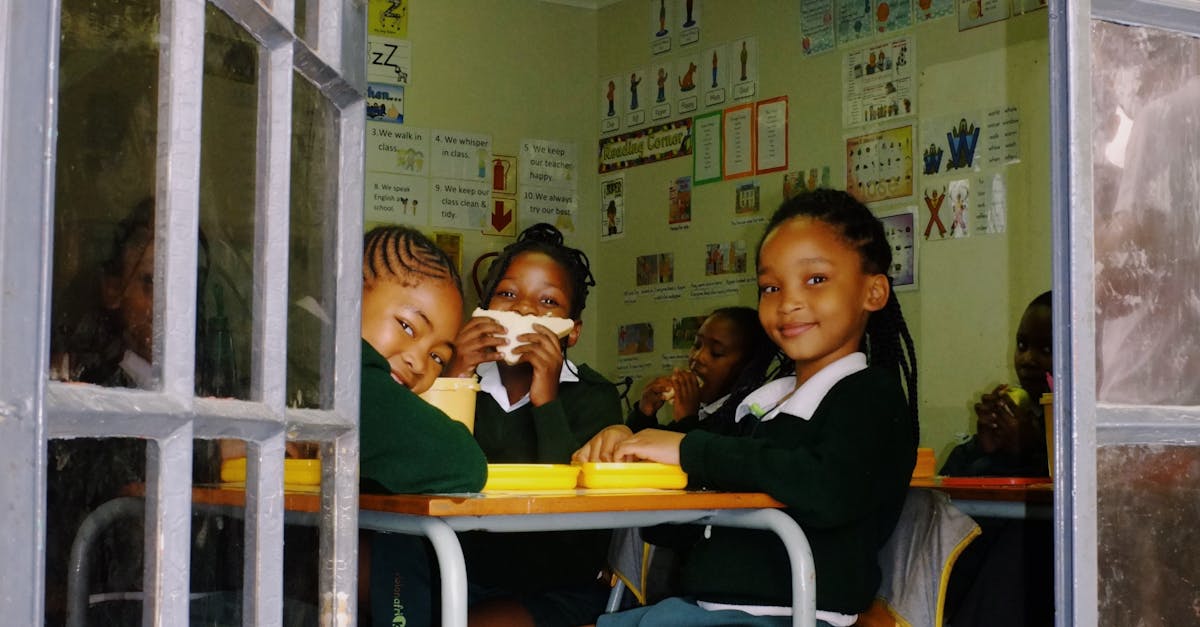
Understanding Childhood Anxiety: Causes and Symptoms
When it comes to seeking professional help for childhood anxiety, it is essential to ensure that the mental health professional has experience and expertise in working with children. Look for a therapist or psychologist who specialises in treating an...
Read more →
Holistic Approaches to Managing Behaviours in Autism Spectrum Disorder (ASD)
Creating a supportive environment is crucial for individuals with Autism Spectrum Disorder (ASD) as it can greatly impact their well-being and overall behaviour. One key aspect in establishing such an environment is to ensure sensory considerations a...
Read more →
Addressing Communication Challenges in Autism Spectrum Disorder (ASD)
Technology plays a vital role in supporting individuals with Autism Spectrum Disorder (ASD) in overcoming communication challenges. One of the most common tools used is the Picture Exchange Communication System (PECS), which enables individuals to co...
Read more →
Promoting Social Skills Development in Children with Autism Spectrum Disorder (ASD)
Children with Autism Spectrum Disorder (ASD) often encounter challenges in managing their emotions effectively, which can impact their social interactions and relationships. Building emotional regulation skills is crucial in helping these children na...
Read more →
Navigating School Support Services for Children with Autism Spectrum Disorder (ASD)
Creating a supportive learning environment is crucial for students with Autism Spectrum Disorder (ASD) to thrive academically and socially. Schools can implement various strategies to ensure that these students feel safe, understood, and valued in th...
Read more →
Understanding Sensory Processing Challenges in Autism Spectrum Disorder (ASD)
Creating a sensory-friendly environment is essential for individuals with Autism Spectrum Disorder (ASD) to thrive in various settings. This involves minimizing potential sensory triggers that could lead to discomfort or overwhelm for individuals wit...
Read more →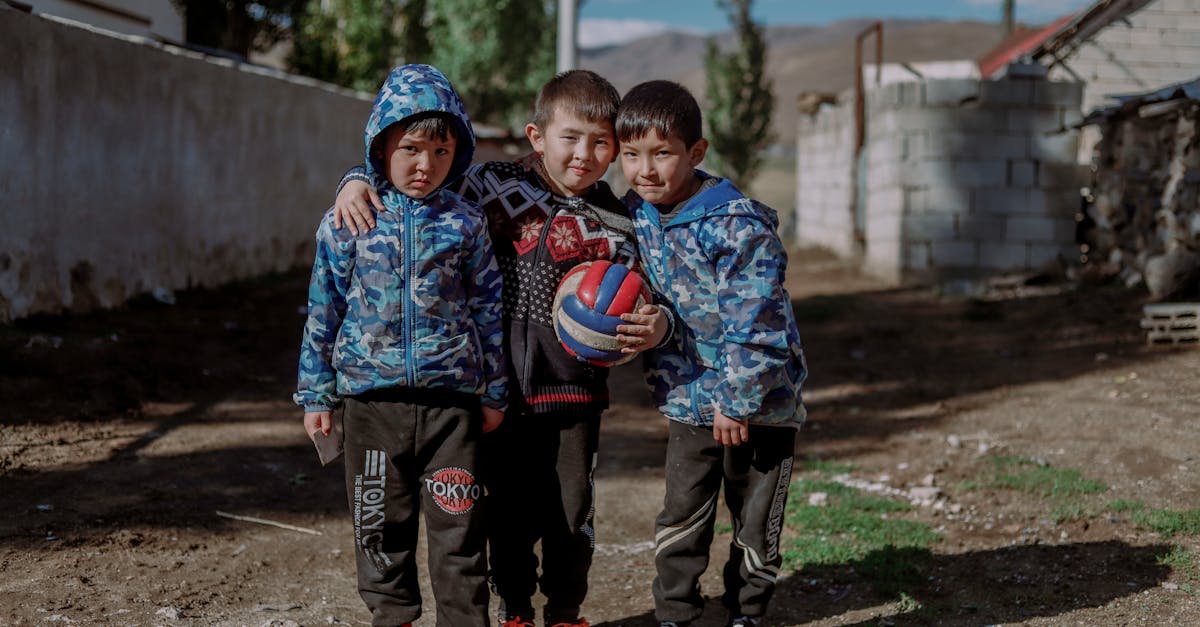
Early Signs and Symptoms of Autism Spectrum Disorder (ASD)
Individuals with Autism Spectrum Disorder (ASD) often display patterns of restricted interests, focusing intensely on specific topics or objects. This fixation can be seen in their repetitive behaviors and intense preoccupation with particular intere...
Read more →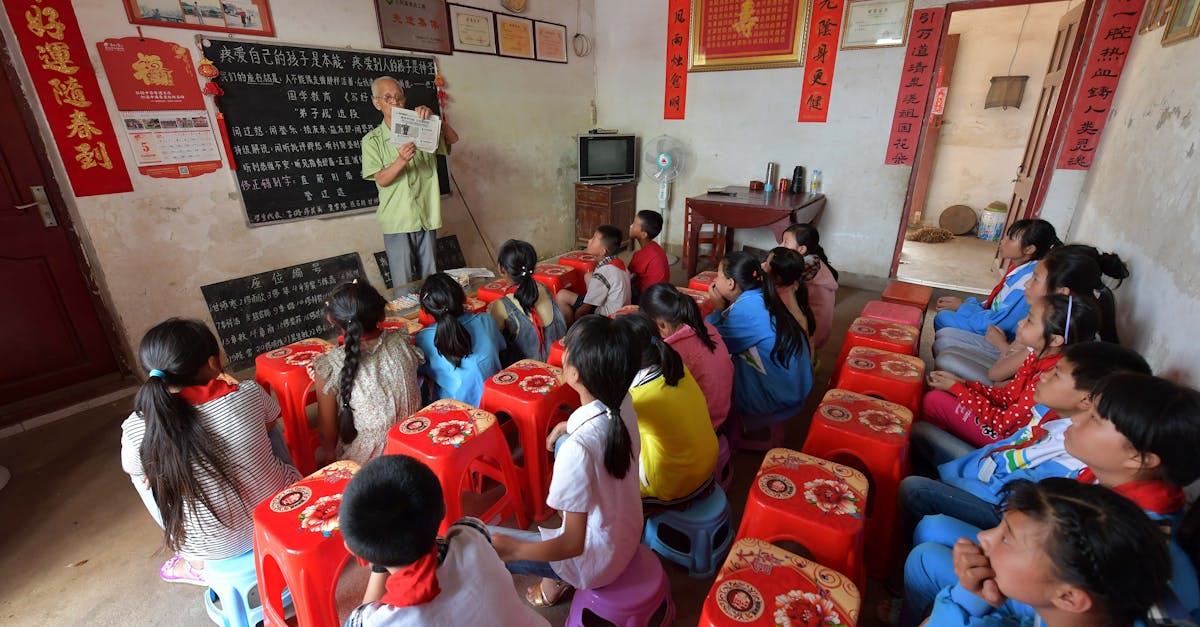
Effective Parenting Strategies for Children with Autism Spectrum Disorder (ASD)
Collaborating with educators and therapists is crucial in ensuring consistent and effective support for children with Autism Spectrum Disorder (ASD). By working together with professionals who have expertise in the field, parents can gain valuable in...
Read more →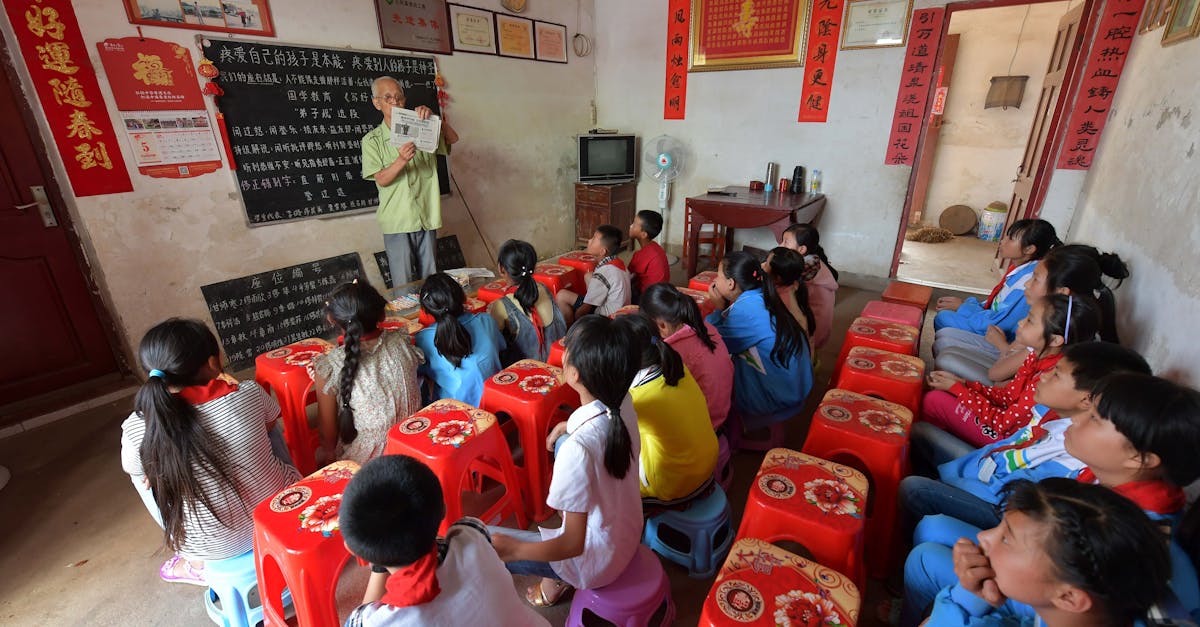
Impact of Autism Spectrum Disorder (ASD) on Family Dynamics
Families with a member diagnosed with Autism Spectrum Disorder (ASD) often face significant financial challenges. The costs associated with therapy, specialised education, and medical care can quickly add up, putting a strain on the family's budget. ...
Read more →
The Role of Occupational Therapy in Treating Autism Spectrum Disorder (ASD)
Occupational therapy plays a crucial role in enhancing fine motor skills in individuals with Autism Spectrum Disorder (ASD). By focusing on activities that target hand-eye coordination, finger dexterity, and grip strength, occupational therapists hel...
Read more →
Long-Term Outlook for Children with Conduct Disorder
Support services play a crucial role in assisting families of children with conduct disorder. Counselling is a fundamental component of these services, providing families with a safe space to explore their challenges, emotions, and concerns. It offer...
Read more →
Supporting Siblings of Children with Conduct Disorder
Effective communication is key when it comes to supporting siblings of children with conduct disorder. It is important to create a safe space where siblings feel comfortable expressing their thoughts and feelings openly. Listening actively and withou...
Read more →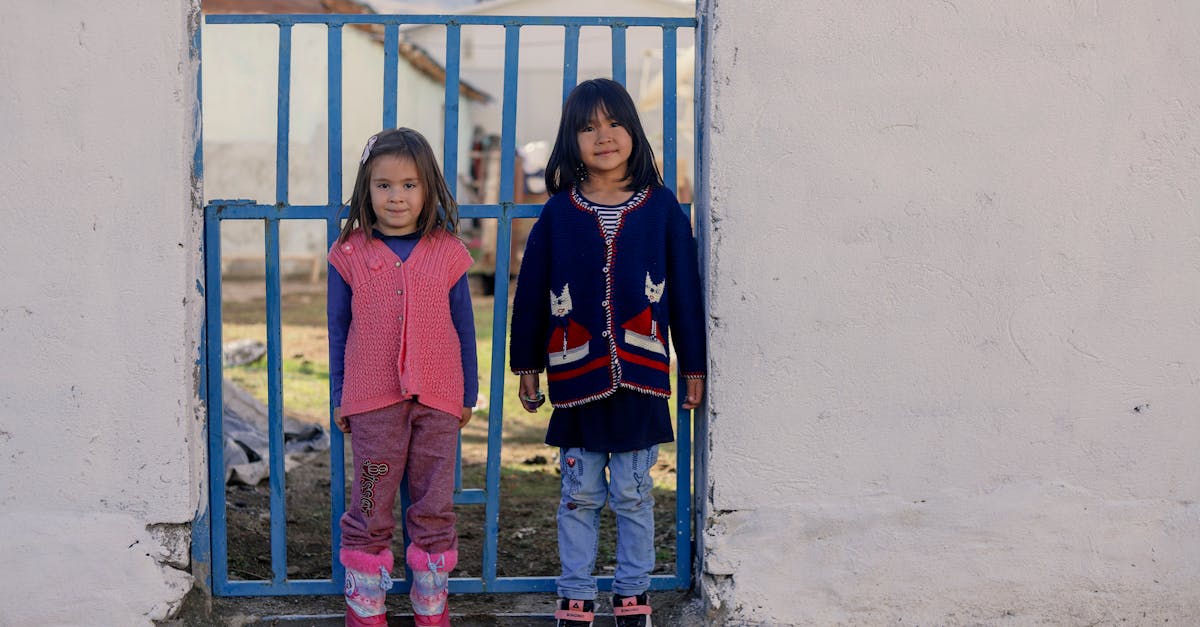
Managing Aggression in Children with Conduct Disorder
A structured daily routine plays a vital role in managing aggression in children with Conduct Disorder. Consistency in daily activities provides a sense of stability and predictability for these children, which is essential for their emotional well-b...
Read more →
Addressing Conduct Disorder in School Settings
In addressing conduct disorder in school settings, educators play a pivotal role in supporting students displaying challenging behaviors. By establishing clear and consistent boundaries, educators can help guide students towards more positive interac...
Read more →
The Role of Family Dynamics in Conduct Disorder
Family therapy approaches play a crucial role in managing conduct disorder within families in Australia. By involving the entire family unit in therapy sessions, it allows for a comprehensive understanding of the underlying issues contributing to the...
Read more →
Cognitive Behavioral Therapy for Children with Conduct Disorder
Throughout the course of cognitive-behavioral therapy (CBT) for children with conduct disorder, it is imperative to consistently monitor progress and be prepared to adjust treatment plans accordingly. Regular evaluation of the child's response to the...
Read more →
Parenting Tips for Managing Conduct Disorder
Teaching children coping mechanisms for handling stressful situations is crucial in managing conduct disorder. By equipping them with strategies to navigate challenges, parents can help their children build resilience and emotional intelligence. Enco...
Read more →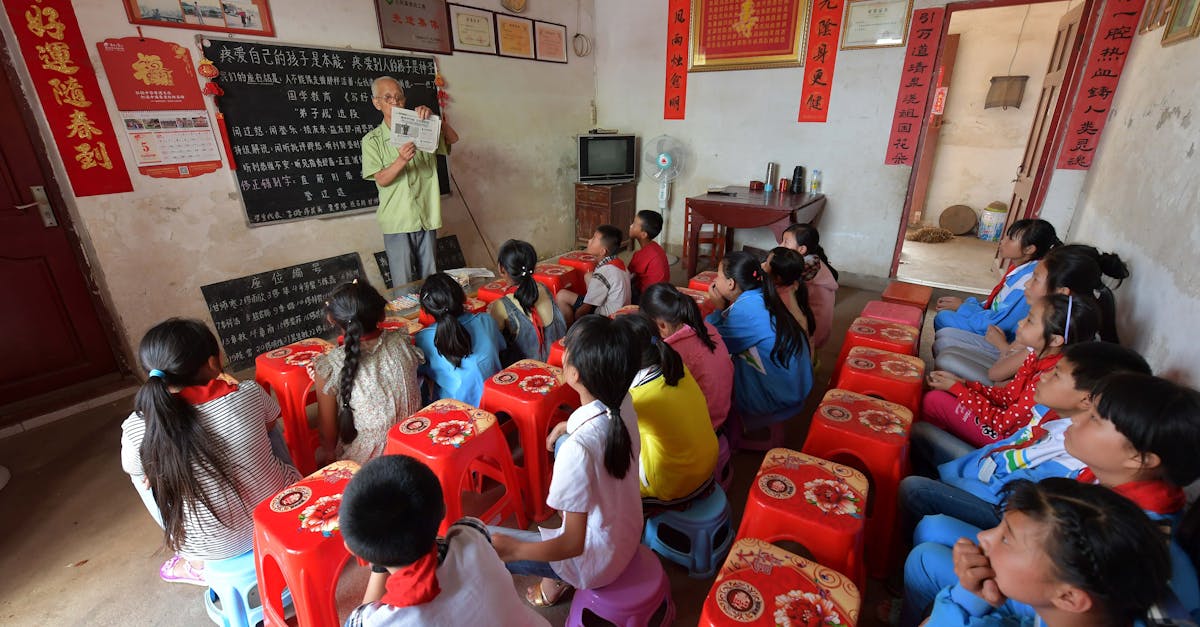
Effective Counseling Strategies for Children with Conduct Disorder
Children with conduct disorder often face co-occurring mental health conditions that can complicate their treatment and overall well-being. It is essential for mental health professionals to address these co-occurring conditions to provide comprehens...
Read more →
Understanding Conduct Disorder in Children
Support strategies play a crucial role in managing conduct disorder in children. These strategies are designed to provide a supportive environment for the child while also addressing their behavioural issues. One important support strategy is to work...
Read more →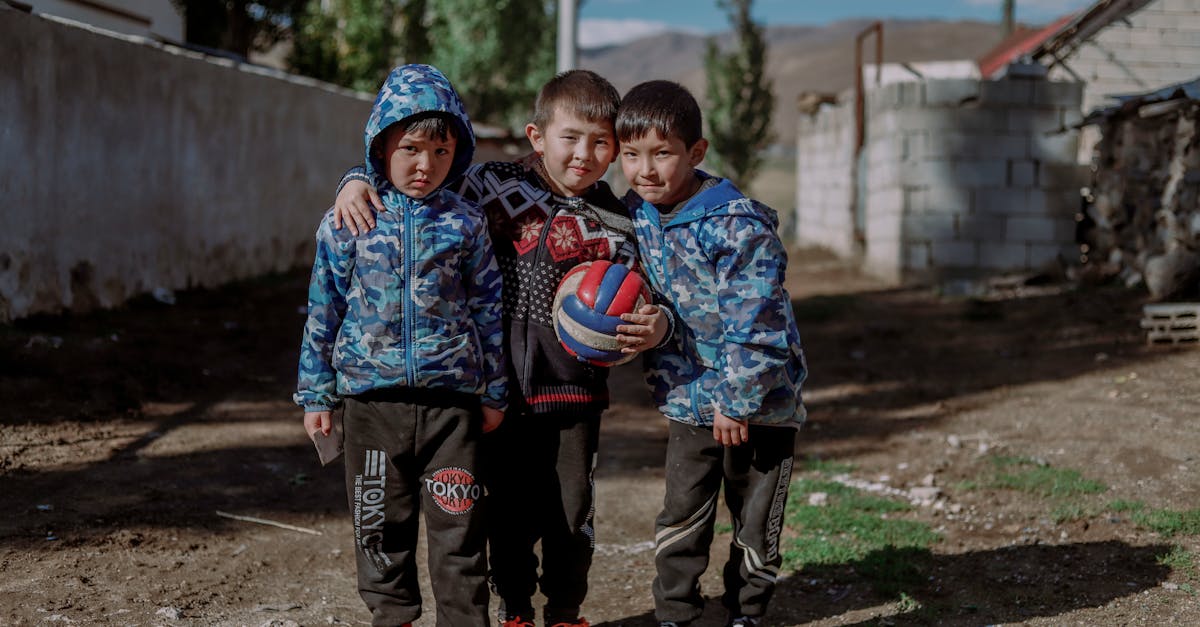
Identifying Symptoms of Conduct Disorder in Kids
Conduct Disorder in children is a serious mental health condition that can significantly impair their ability to function effectively in various settings. It is essential for parents and caregivers to be able to distinguish between symptoms of Conduc...
Read more →
Preventing Escalation of Oppositional Defiant Behavior in Children
When faced with challenging oppositional defiant behavior in children, seeking professional help can provide valuable guidance and support. Child psychologists or therapists are trained professionals with the expertise to assess the underlying causes...
Read more →
Holistic Approaches to Treating Oppositional Defiant Disorder in Children
Mind-Body interventions offer a comprehensive approach to managing Oppositional Defiant Disorder (ODD) in children. By addressing both the psychological and physical aspects of the disorder, these interventions can be effective in promoting overall w...
Read more →
The Impact of Oppositional Defiant Disorder on Peer Relationships
Peer relationships can be particularly challenging for children with Oppositional Defiant Disorder (ODD), as they often experience higher rates of bullying and victimization compared to their peers without the disorder. Children with ODD may exhibit ...
Read more →
Pharmacological Interventions for Oppositional Defiant Disorder in Children
Parents and caregivers often seek alternative and complementary treatments to support their children with Oppositional Defiant Disorder (ODD). Herbal remedies have been a popular choice due to their perceived natural properties and potential benefits...
Read more →
Addressing School Challenges for Children with Oppositional Defiant Disorder
Children with Oppositional Defiant Disorder (ODD) often face unique challenges in the school environment that can impact their academic performance and social interactions. One effective way to support these students is by implementing individualised...
Read more →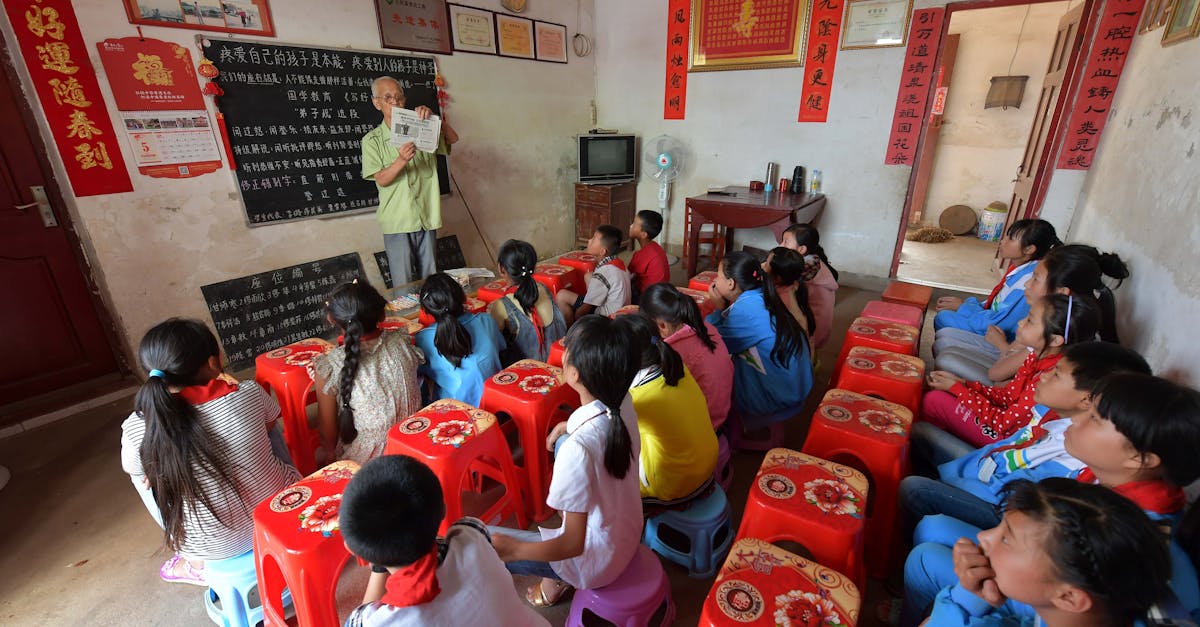
Exploring the Link Between Oppositional Defiant Disorder and Family Dynamics
Sibling dynamics play a crucial role in families affected by Oppositional Defiant Disorder (ODD). The interactions among siblings can significantly impact the behavior and emotional well-being of the child with ODD. Siblings may experience heightened...
Read more →
Identifying Early Signs of Oppositional Defiant Disorder in Children
Emotional symptoms in children with Oppositional Defiant Disorder (ODD) can be quite challenging to navigate for parents and caregivers. One of the most common signs is a persistent sense of irritability which often leads to frequent temper tantrums....
Read more →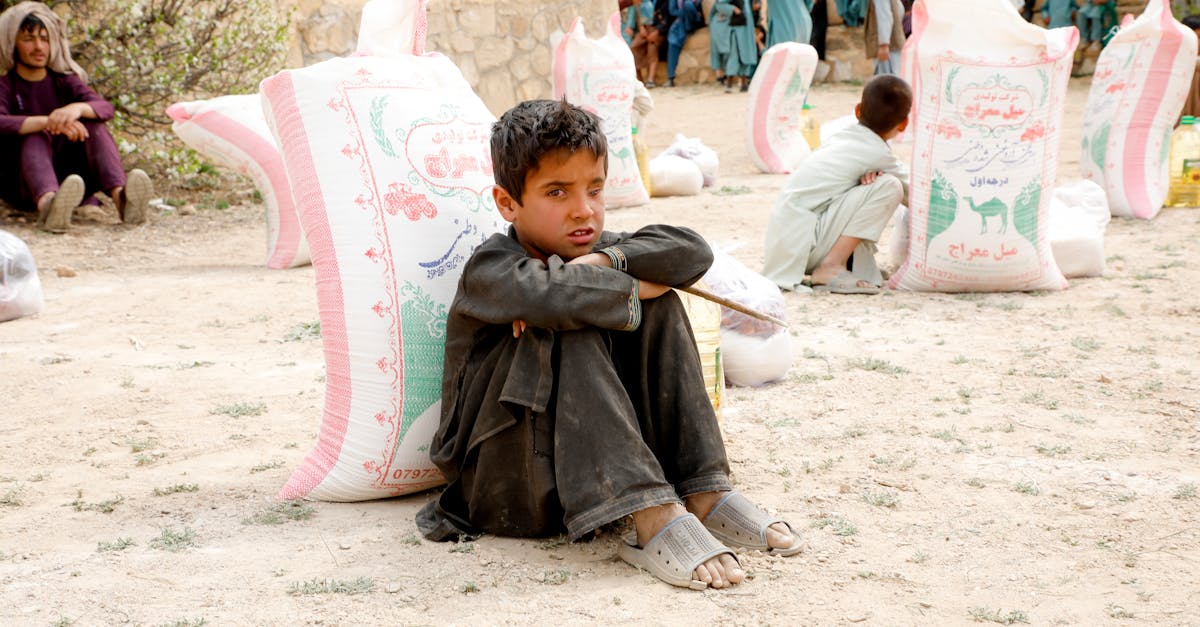
The Role of Cognitive-Behavioral Therapy in Treating Oppositional Defiant Disorder
When individuals with Oppositional Defiant Disorder (ODD) engage in Cognitive-Behavioral Therapy (CBT), it is crucial for therapists to help them set realistic and achievable goals. By establishing clear objectives, clients with ODD can track their p...
Read more →
Effective Parenting Strategies for Children with Oppositional Defiant Disorder
When facing challenges in parenting a child with Oppositional Defiant Disorder (ODD), seeking professional help is a crucial step towards effectively managing the situation. Consulting with a qualified mental health professional, such as a child psyc...
Read more →
Understanding Oppositional Defiant Disorder in Children
When it comes to cognitive interventions for Oppositional Defiant Disorder (ODD) in children, various techniques can be utilised to help enhance their cognitive processing and problem-solving abilities. Cognitive-behavioural therapy (CBT) is commonly...
Read more →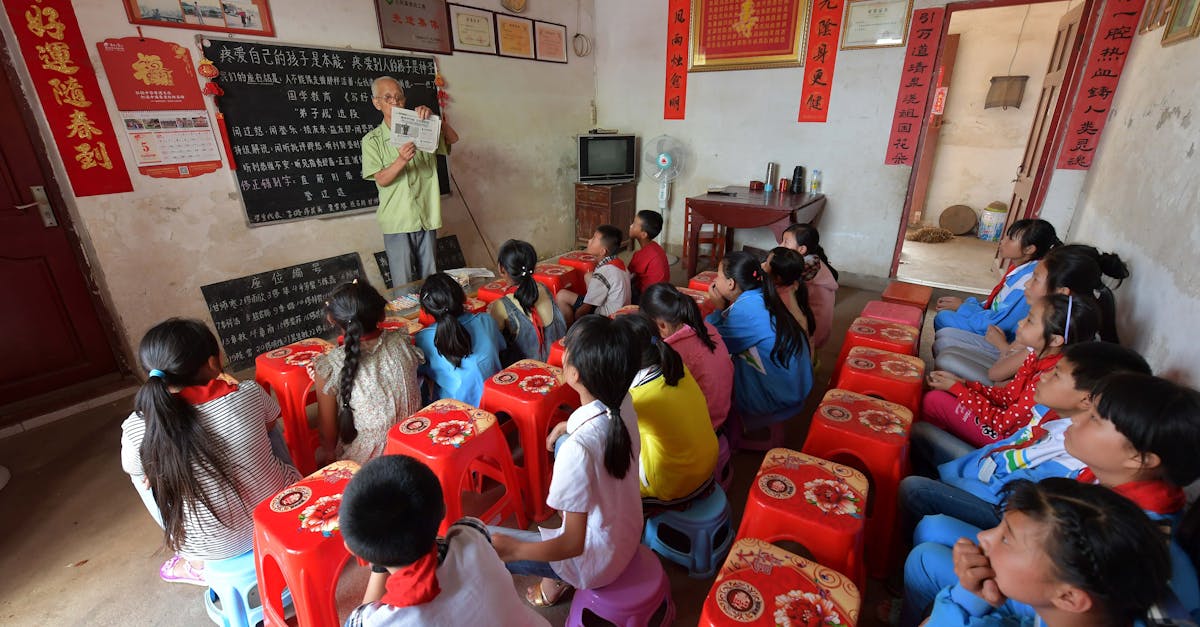
Culturally Responsive Counseling for Children with ADHD
Culturally responsive counseling plays a crucial role in addressing the unique needs of children with ADHD from diverse cultural backgrounds. Implementing culturally inclusive interventions involves tailoring treatment approaches to honor and respect...
Read more →
Advocating for Children with ADHD in the Education System
Empowering children with ADHD is essential in ensuring their success within the education system. By fostering a sense of independence and self-assurance, these children can develop the confidence needed to navigate the challenges they may face. Enco...
Read more →
The Impact of ADHD on Family Dynamics
Balancing responsibilities in a family affected by ADHD can present various challenges that require a dynamic approach to manage effectively. Parents often find themselves navigating a complex landscape of tasks and commitments, juggling the needs of...
Read more →
Cognitive Behavioral Therapy for Children with ADHD
Children with ADHD often struggle with managing their behavioural issues, which can disrupt their daily functioning and academic performance. This can be particularly challenging for parents and teachers who may feel overwhelmed and unsure of how to ...
Read more →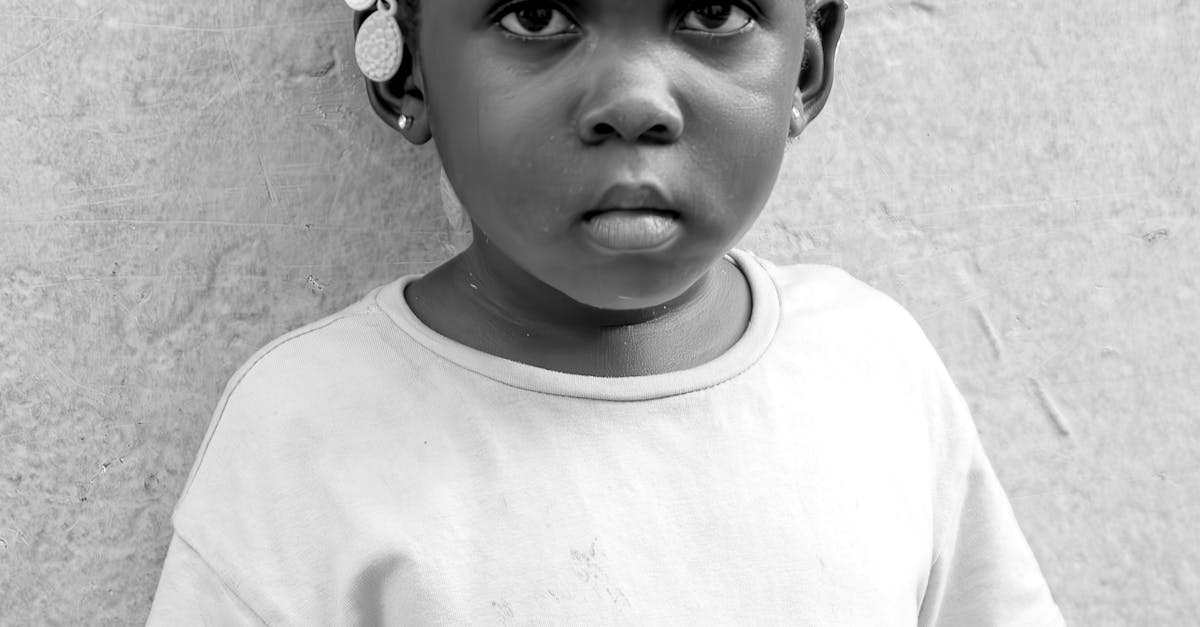
ADHD and Coexisting Conditions: Managing Comorbidities
Living with ADHD can present unique challenges, but implementing lifestyle changes can make a significant difference in managing symptoms. Engaging in regular physical activity, such as walking, swimming, or yoga, can help to reduce restlessness and ...
Read more →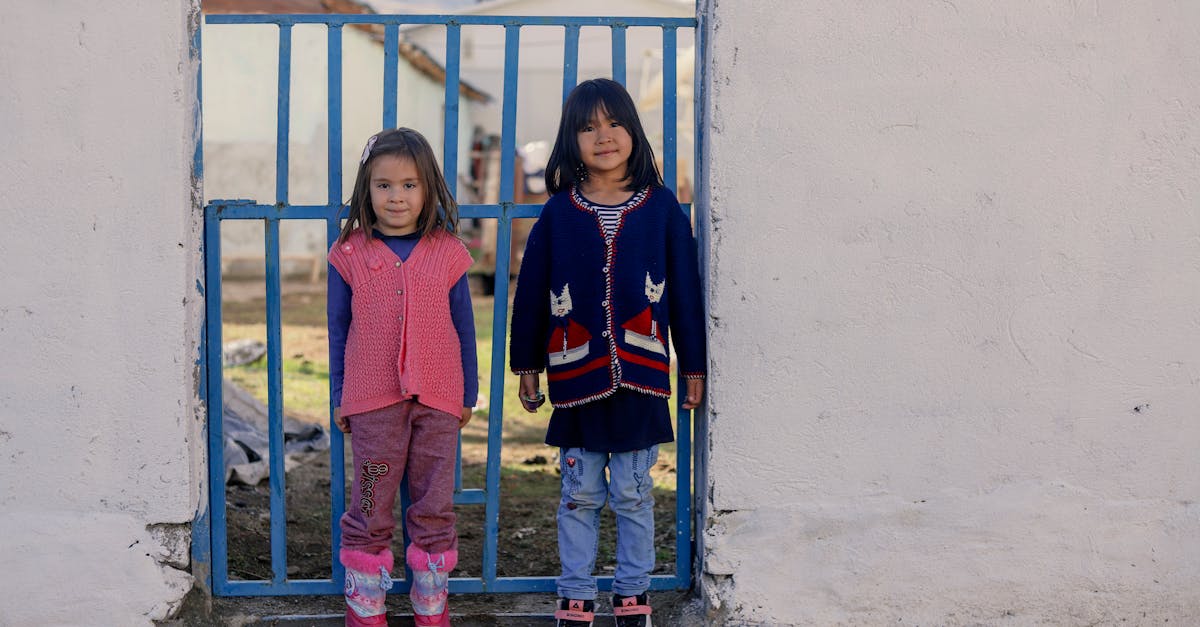
Supporting Siblings of Children with ADHD
In families where a child has ADHD, it's essential to foster empathy and understanding among siblings. Encouraging siblings to see things from their brother or sister's perspective can help build a stronger bond and promote a more supportive environm...
Read more →
School-based Interventions for Children with ADHD
Assistive technology has become an integral tool in supporting the learning needs of children with ADHD. These technologies aim to enhance classroom participation, task completion, and overall academic performance. By providing tailored tools such as...
Read more →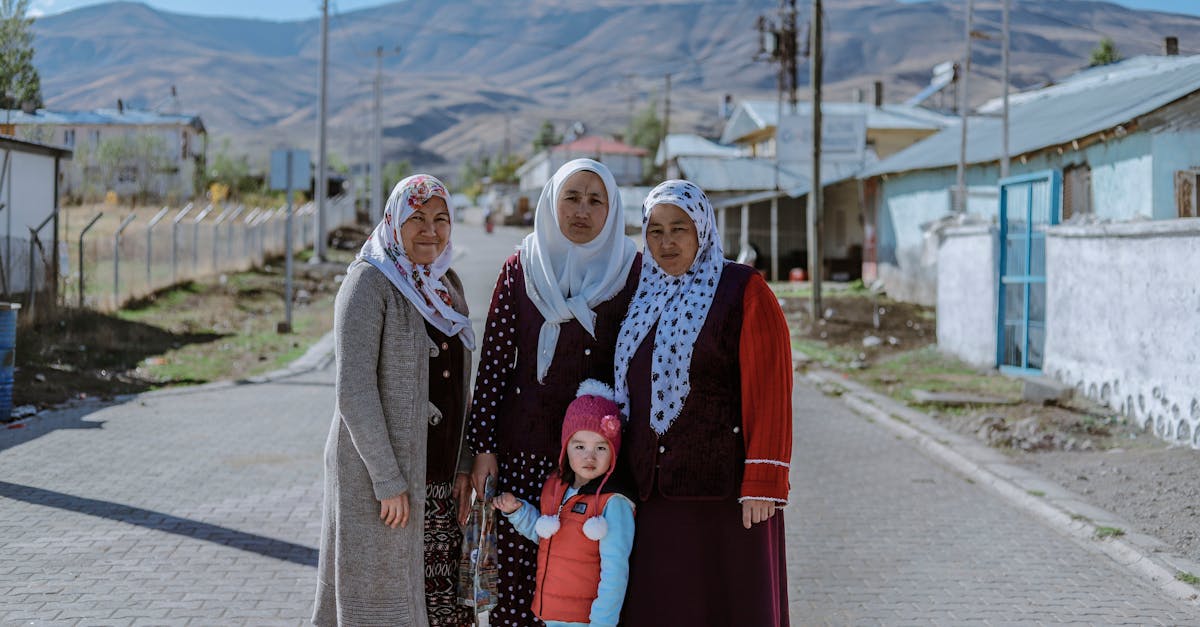
Effective Parenting Strategies for Children with ADHD
Behavioural strategies play a crucial role in managing the challenges that children with ADHD may experience. Consistency is key when implementing such strategies. Establishing clear and firm boundaries helps provide structure and a sense of security...
Read more →
The Role of Medication in Managing ADHD in Children
When it comes to managing ADHD in children, working closely with healthcare providers is essential for ensuring the best possible outcomes. Healthcare professionals, including paediatricians, psychiatrists, and psychologists, play a crucial role in d...
Read more →
Understanding ADHD in Children: Symptoms and Treatments
Medication can be a valuable tool in managing ADHD symptoms in children. Stimulant medications like methylphenidate and amphetamine salts are commonly prescribed to help improve attention, focus, and impulse control. These medications work by increas...
Read more →
Addressing Moral Challenges in Child Counseling
Handling ethical dilemmas in child counseling requires a delicate balance of empathy, professional boundaries, and ethical considerations. Counselors often find themselves facing complex situations that challenge their moral compass and require caref...
Read more →
Modeling Ethical Behavior: Parental Influence on Children
Parental guidance plays a crucial role in shaping the ethical behavior of children. It is vital for parents to be proactive in addressing the challenges that may arise in guiding their children towards making ethical decisions. One common challenge p...
Read more →
Fostering Respect and Fairness in Kids
Children learn by observing the behaviours of those around them, particularly their parents and caregivers. Therefore, it is imperative for adults to model respectful behaviour in all aspects of their lives. This can include using polite language, sh...
Read more →
The Role of Family in Moral Development of Children
Communication styles in family dynamics play a critical role in shaping the moral development of children. How parents and caregivers communicate with their children can significantly impact their understanding of right and wrong, as well as their ab...
Read more →
Moral Dilemmas: Helping Children Navigate Ethical Decisions
When children are confronted with moral challenges, it is essential for them to develop resilience in order to navigate such situations effectively. Building resilience in children involves equipping them with the skills and mindset to face adversity...
Read more →
Building Empathy and Compassion in Young Children
Incorporating empathy in education is crucial for nurturing kind and understanding individuals. Teachers play a significant role in shaping young minds by modelling empathy in their interactions with students. By incorporating empathy in the curricul...
Read more →
Encouraging Pro-Social Behavior in Child Development
Developing teamwork skills in children is crucial for their social and emotional growth. By engaging in group activities such as team sports, collaborative projects, or group games, children learn valuable skills like communication, cooperation, and ...
Read more →
Nurturing a Sense of Integrity and Honesty in Kids
To encourage the development of integrity and honesty in children, one effective strategy is to reinforce positive behavior through rewards. This approach involves acknowledging and praising children when they demonstrate acts of integrity or honesty...
Read more →
Supporting Developmental Milestones through Physical Therapy
Sensory processing issues can pose challenges for children in their everyday lives, affecting how they interact with their environment. Through physical therapy, these issues can be addressed to help children better regulate their responses to sensor...
Read more →
Teaching Moral Values to Children: Strategies and Techniques
Incorporating moral values into daily routines is essential for instilling strong ethical principles in children from a young age. Simple actions like expressing gratitude, showing kindness, and helping others can be integrated seamlessly into everyd...
Read more →
Understanding Moral Reasoning in Children
Cultural variations play a significant role in shaping children's moral reasoning. Different cultures uphold diverse values, beliefs, and norms that influence how individuals perceive ethical dilemmas and make moral judgments. For instance, in collec...
Read more →
The Significance of Physical Activity in Child Psychology Counseling
Creating a safe and supportive environment for physical development is paramount in child psychology counseling. By establishing a space where children feel comfortable and encouraged to engage in physical activities, therapists can facilitate not on...
Read more →
Physical Development Assessment Tools for Children
Body awareness is a fundamental aspect of a child's physical development. It involves understanding one's body and its movements in relation to the surrounding environment. There are various tools available to assess a child's body awareness, such as...
Read more →
Nurturing Creativity and Imagination for Cognitive Development
To foster a growth mindset in children, it is essential to encourage them to embrace challenges and view them as opportunities for growth and learning. By praising effort and perseverance rather than solely focusing on outcomes, children develop the ...
Read more →
Addressing Motor Development Delays in Children
Assistive devices and tools play a crucial role in supporting children with motor development delays. These tools are designed to aid children in performing everyday tasks that may be challenging due to their motor limitations. For example, adaptive ...
Read more →
Promoting Healthy Eating Habits for Physical Development
Snacking plays a crucial role in maintaining energy levels during an active lifestyle. Opting for nutrient-dense snacks can provide the necessary fuel for physical activities without burdening the body with unwanted sugars and fats. Fresh fruits, suc...
Read more →
Factors Affecting Physical Development in Children
Hormonal factors play a crucial role in the physical development of children. Various hormones, such as growth hormone, thyroid hormone, and sex hormones, influence the growth and maturation of different body systems. For instance, growth hormone is ...
Read more →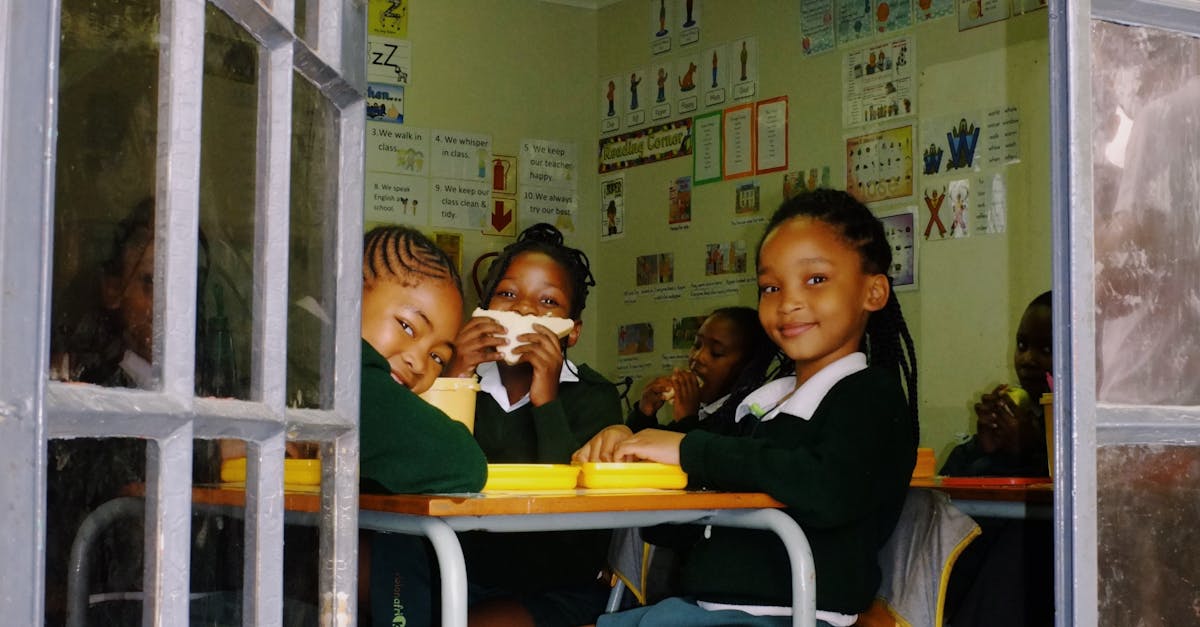
Understanding the Role of Play in Physical Development
Play-based strategies for strength building are essential for children's physical development. Engaging in activities like climbing, hopping, and jumping not only helps in building muscle strength but also improves coordination and balance. Encouragi...
Read more →
Gross Motor Skills Development in Early Childhood
Working with professionals for gross motor skills support is crucial in ensuring children receive the appropriate guidance and interventions needed to enhance their physical development. Physiotherapists and occupational therapists are trained to ass...
Read more →
Fine Motor Skills Development and Its Impact on Child Psychology
Fine motor skills challenges can pose significant obstacles for children in their daily activities and academic progress. These challenges may manifest in difficulties with tasks requiring precise hand movements, such as writing, cutting, or grasping...
Read more →
The Influence of Environment on Cognitive Development in Children
Social surroundings play a crucial role in shaping the cognitive development of children. The interactions that kids have within their social environment, whether it be at school, during extracurricular activities, or at home, significantly impact th...
Read more →
Importance of Physical Development in Children
Physical play is fundamental for enhancing cognitive function in children. When kids engage in activities that involve movement, they stimulate various areas of their brain, leading to improved memory, attention span, and problem-solving skills. This...
Read more →
Technology and Cognitive Development in the Digital Age
Technology plays a crucial role in enhancing cognitive development in the digital age. Through interactive educational apps and games, children have the opportunity to engage in stimulating activities that promote critical thinking, problem-solving, ...
Read more →
Cognitive Development and its Relationship to Language Acquisition
Executive functions play a crucial role in the development of language skills in individuals of all ages. These functions encompass a range of mental processes such as cognitive flexibility, working memory, and self-control, which are essential for e...
Read more →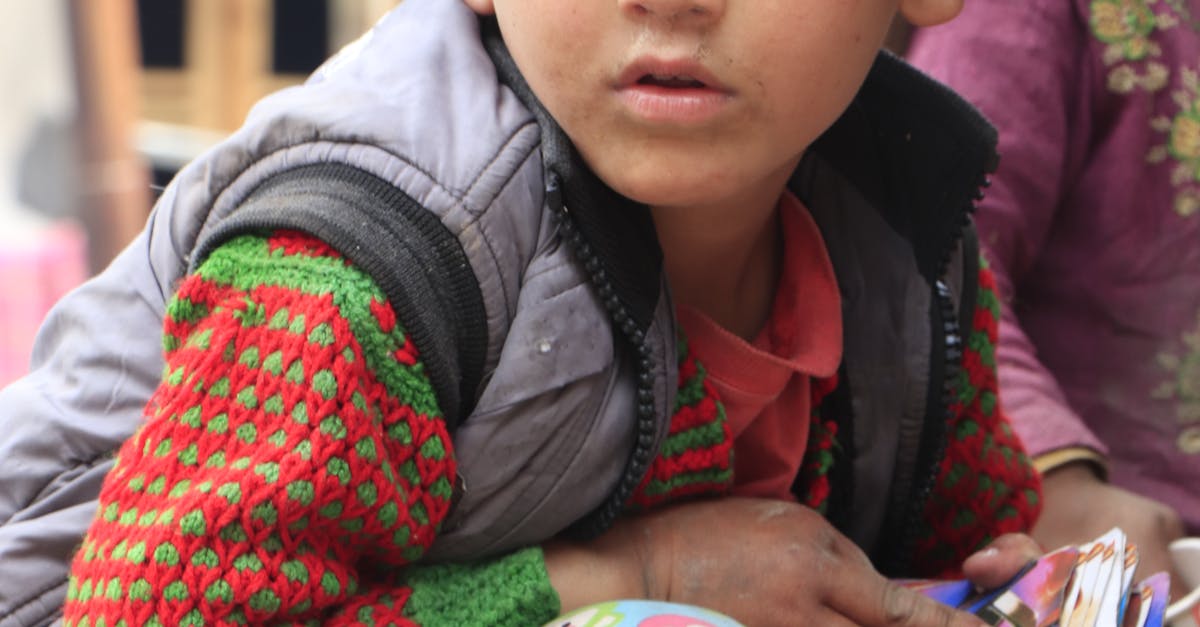
Cognitive Development in Children with Special Needs
Enhancing communication skills is crucial for promoting improved cognitive functioning in children with special needs. By focusing on developing effective ways of expressing themselves, these children can better engage with their environment and enha...
Read more →
The Impact of Parental Involvement on Cognitive Development
Parental involvement in extracurricular activities has been shown to have a significant impact on children's cognitive development. When parents actively engage in their child's extracurricular pursuits, whether it be sports, arts, or academic clubs,...
Read more →
Cognitive Development in Early Childhood: A Comprehensive Guide
Technology plays a significant role in shaping the cognitive development of young children in today's digital age. With the widespread availability of electronic devices, children are exposed to various forms of technology from a very early age. This...
Read more →
Promoting Cognitive Development through Educational Toys
Fine motor skills are essential for children's overall development, as they involve the coordination of small muscles in activities like writing, grasping small objects, and buttoning clothes. Educational toys play a significant role in enhancing the...
Read more →
Understanding Piaget's Stages of Cognitive Development
Piaget's work has undeniably left a lasting impact on the field of psychology, particularly in the realm of cognitive development. His stages of cognitive development have provided a foundational understanding of how children perceive and interact wi...
Read more →
The Role of Play in Cognitive Development
Play plays a crucial role in fostering language development in children. Engaging in various play activities provides children with the opportunity to enhance their vocabulary and communication skills in a fun and interactive manner. Through pretend ...
Read more →
Enhancing Social Interaction through Language Development in Child Counseling
Healthy relationship building is a crucial aspect of child counseling, as it provides a foundation for effective communication and social interaction. Encouraging children to develop positive relationships helps them feel supported and understood, wh...
Read more →
Addressing Language Disorders in Child Counseling Sessions
To ensure the effectiveness of language therapy for children with language disorders, it is crucial to consistently monitor their progress and evaluate treatment plans. By closely tracking their development, therapists can identify areas of improveme...
Read more →
Supporting Verbal and Non-verbal Communication in Child Psychology Counseling
Communication challenges are inherent in child psychology counseling due to the diverse and often complex nature of children's thoughts and emotions. Therapists face the task of deciphering verbal and non-verbal cues to understand a child's perspecti...
Read more →
Speech and Language Therapy Techniques in Child Counseling
One effective method used in speech and language therapy for children is sensory integration techniques. By incorporating sensory-based activities, therapists can help improve speech and language skills in young clients. These activities involve stim...
Read more →
The Impact of Bilingualism on Child Psychology Counseling
Supporting bilingual children in counseling requires a holistic approach that considers their unique linguistic and cultural backgrounds. It is essential for therapists and counselors to be aware of the challenges that bilingual children may face whe...
Read more →
Language and Communication Development in Children with Autism
Augmentative and Alternative Communication (AAC) plays a vital role in supporting children with autism who struggle with verbal communication. AAC includes a range of tools and methods designed to enhance communication skills, such as picture boards,...
Read more →
Assessing Language and Communication Skills in Child Counseling
Monitoring emotional expression is a crucial aspect of assessing language and communication skills in child counseling. Children often express their emotions through verbal and nonverbal cues, providing valuable insights into their inner world. Obser...
Read more →
Language Delay Intervention in Child Psychology Counseling
When it comes to implementing individualized language intervention plans for children with language delays, a tailored approach is essential for success. Each child's needs are unique, requiring careful consideration and assessment by a qualified psy...
Read more →
Effective Communication Strategies for Children in Counseling
When working with children in counseling, cultivating a positive self-image is a crucial aspect of their emotional development. Encouraging children to recognise and appreciate their strengths and unique qualities helps in building their self-esteem....
Read more →
The Role of Language Development in Child Psychology Counseling
Play is a fundamental aspect of language acquisition in young children. Through playful activities and interactions, children not only enhance their linguistic abilities but also develop crucial cognitive and social skills. Play provides a natural an...
Read more →
Cultural Influences on Social and Emotional Development in Children
Peer relationships play a significant role in shaping the social and emotional development of children. These interactions with peers provide opportunities for children to learn important social skills such as communication, cooperation, and conflict...
Read more →
Recognizing and Addressing Social Development Delays
Recognising and addressing social development delays in children is crucial for their overall wellbeing. Early intervention plays a significant role in helping children overcome these challenges and reach their full potential. By identifying and addr...
Read more →
Building Resilience in Children's Social Development
Creating a supportive environment for resilience in children is paramount in fostering their social development. Australian parents and caregivers play a significant role in shaping this environment through their actions and interactions. By providin...
Read more →
Role of Play in Social and Emotional Development
Social interaction through play is a key element in a child’s development. When children engage in play together, they learn valuable social skills such as sharing, taking turns, and cooperating. These interactions help them build relationships wit...
Read more →
Social Anxiety in Childhood and Its Implications
Early intervention plays a crucial role in addressing social anxiety in children. By identifying and addressing social anxiety at an early stage, we can prevent it from escalating and causing significant challenges in the child's life. It is essentia...
Read more →
Emotional Intelligence in Child Development
Adolescence can be a tumultuous period of emotional development, marked by various challenges that can impact an individual's well-being. It is crucial for parents, educators, and mental health professionals to be attuned to the emotional struggles f...
Read more →
Peer Relationships and Social Skills in Children
Bullying prevention and intervention are crucial aspects of nurturing healthy peer relationships in children. Schools and communities must work together to create a safe and supportive environment where bullying behaviour is not tolerated. Implementi...
Read more →
Impact of Parenting Styles on Social Development
Parental involvement plays a crucial role in shaping a child's social competence. When parents are actively engaged in their children's lives, they provide valuable support and guidance that fosters positive social interactions. By being present and ...
Read more →
Understanding Emotional Regulation in Childhood
Emotional dysregulation in children can manifest in various ways, impacting their behaviour and interactions with others. One common sign is frequent emotional outbursts, where a child may quickly escalate to intense displays of anger, frustration, o...
Read more →
Attachment Theory and Social Development in Children
Assessing attachment in children is a crucial aspect of understanding their social development. Researchers and psychologists use various tools and techniques to evaluate the quality of attachment between children and their primary caregivers. One co...
Read more →